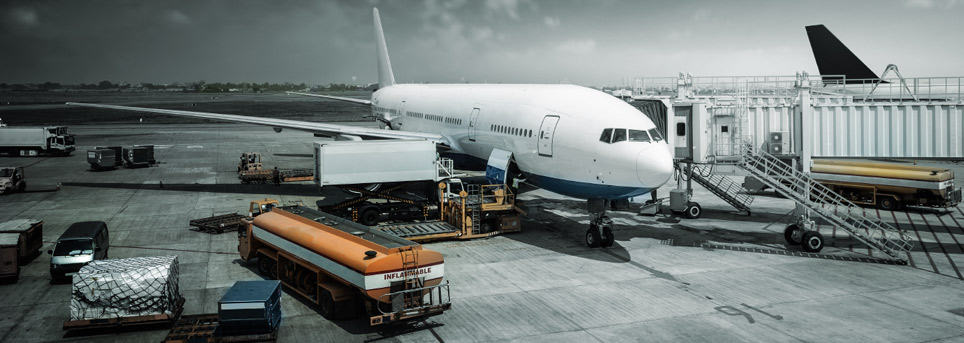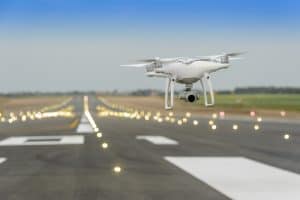
AiQ are global experts in creating capacity and operational efficiency, solving complex problems and introducing new technologies. We have currently been developing Real Time Virtual Reality to offer significant benefits to clients and stakeholders, taking the decision-making process to the next level.
We will soon be able to offer clients the ability to become a passenger and follow the check-in processes, using the self-service kiosk and bag drop system as it is proposed to be!
As specialists in constrained and saturated airports worldwide, this innovation will allow the airports we work with to not only understand the impact of decisions and new technology, but also to communicate this with their stakeholders, staff and suppliers with ease.
The ability of the tool to engage the user as a passenger helps them understand the efficiency of the layout and way finding, enhancing passenger flow. It also gives clients the opportunity to understand the spatial offering to passengers for new airports and terminals in concept development, as well as other areas of infrastructure development in existing airports.
Last week the AiQ team were able to walk around a simulation of Terminal 3 Heathrow, based on future self-service check-in arrangements with passengers from a busy day in summer 2017. This test was a simulation based on a recent project we have completed for Heathrow.
The next step is for our clients to be immersed into the Real Time outcomes of decisions regarding their new investments in check-in, baggage and processes throughout their terminals, as if they themselves were the passenger.
If you want to innovate your future airport, AiQ can help you understand different approaches with the use of this innovative technology. Contact us today to talk about the impact of Real Time VR on your airport.












